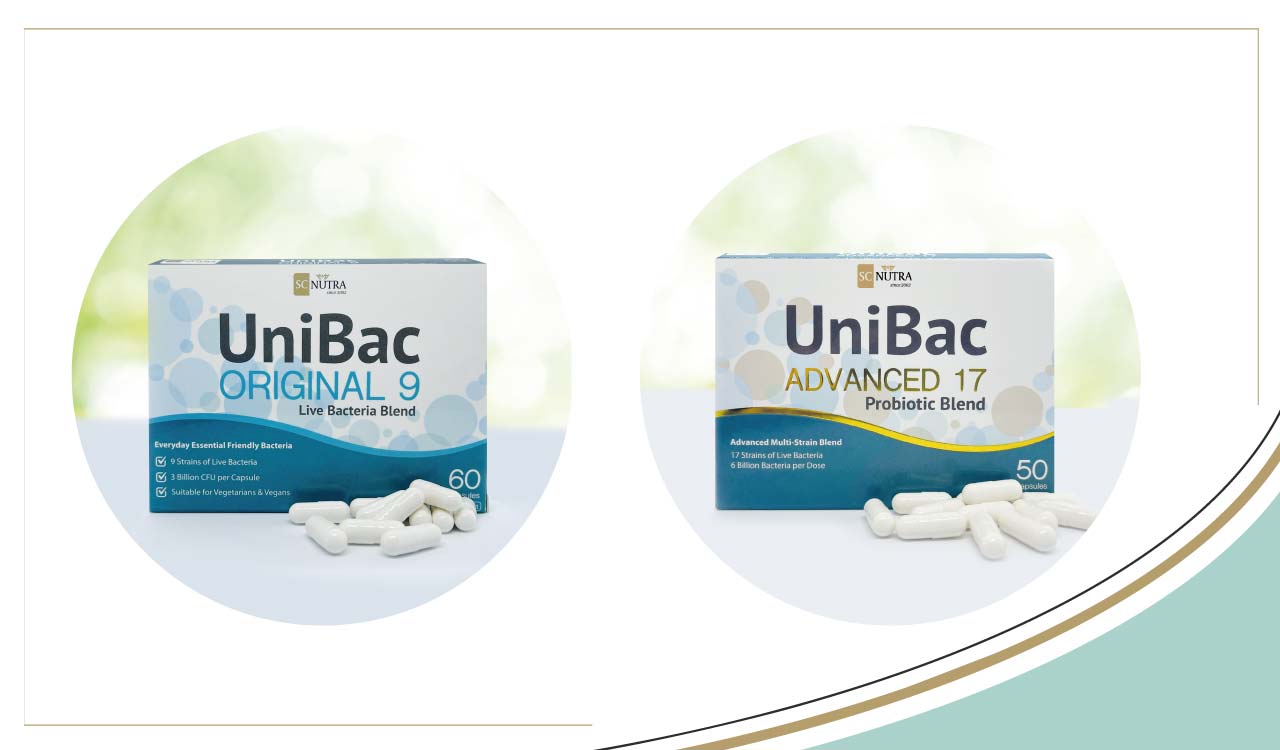Irritable bowel syndrome (IBS) symptoms, testing and prevention

What is IBS?
Sweet Cures often hears that Irritable bowel syndrome (IBS) ruins life on many levels. It is easy to see why this happens, partly due to the symptoms themselves and partly due to the unpredictability of the condition.
Even though flare ups may only last a few hours to a few days, the fact is they can come on without any warning, anytime and anywhere.
When the bowel or gut is healthy, full of friendly bacteria and working at optimum levels, not much goes wrong and this wonderful piece of apparatus (certain symptoms would include from the mouth) processes food, delivers nutrients by way of the small intestine and removes waste taking all undigested food further along to the colon, or large intestine by means of involuntary muscular contraction-peristalsis (imagine a snake’s prey being moved down the body of the snake) where it is turned into faeces and removed from the body. When all is going well, we feel good. When these muscular contractions are interrupted or fail to function effectively for whatever reason, Irritable bowel syndrome (IBS) occurs.
IBS Symptoms
- Constipation
- Abdominal pain
- Bloating
- Cystitis
- Diarrhoea frequent and uncontrollable
- Oesophageal problems including swallowing and heartburn
- Feeling the urge to defecate even when you have just been
- Excessive flatulence
- A combination of all these symptoms
- Rectal pain
It is very important to have Irritable bowel syndrome (IBS) medically diagnosed as other more sinister conditions can present with these symptoms and they need to be ruled out and /or treated appropriately. If symptoms start later in life, this is vitally important. If Irritable bowel syndrome (IBS) is diagnosed, however, the good news is that it is not thought to ever lead to bowel cancer or cause permanent bowel damage.
When you do go for assessment, it may also be worth asking for a test for BAD.
It is thought that half a million people in the UK alone have bile acid diarrhoea and the vast majority go undiagnosed and untreated and/or misdiagnosed as Irritable bowel syndrome (IBS).
According to Professor Julian Walters, professor of gastroenterology at Imperial College London, Colestyramine (Questran) can treat people with Irritable bowel syndrome (IBS) whose diarrhoea is due to impaired handling of bile salts within the gut and although there are side effects and the treatment may be life long, the benefits of diagnosing and treating BAD effectively cannot be overestimated to the sufferers.
And if we receive a definite diagnosis of Irritable bowel syndrome (IBS), what can we do?
You are likely to be offered anti-spasmodic drugs and or later SSRIs.
At the same time, look for natural ways to help the body.
It may be surprisingly helpful to keep a diary in which you note down the foods that upset your stomach.
Testing for Intolerances and Allergy Testing
It may be worth having allergy tests for, in particular, lactose, fructose and inulin (inulin is a dietary fibre found in a variety of foods including wheat and onions. It can cause gas and bloating because it’s a fructan, or a fermentable carbohydrate.
Preventing IBS Related Issues
Reducing Constipation caused by IBS
Increase your intake of vitamin C (in ascorbic acid form) and magnesium. At the same time, eat lots of fresh fruit and complex carbohydrates that are not too fibrous and drink at least 8-10 glasses of water daily.
Diarrhoea Caused by IBS
An amino acid called L-Glutamine is often used to treat diarrhoea (works within 2-3 days usually). It dissolves in water. L-Glutamine can nourish and heal the mucosal lining of the intestine and cause the bowel to reabsorb the water in your stool, thus reducing the number and frequency of bowel movements. On that note, try to avoid drug therapy that damages mucosal linings.
Ask for medical advice before self-supplementing because some drugs and some medical conditions will mean that L Glutamine is contraindicated. L-Glutamine is in many foods such as barley beef, cottage cheese, egg whites, milk, peanuts, poultry etc.
Avoid diarrhoea-causing foods such as refined sugar, refined flour (white, bleached), hydrogenated fats, caffeine, and acidic, tomato-based foods like spaghetti sauce and pizza. Cut down coffee. Avoid processed foods, preservatives or msg.
Preventing Heartburn caused by IBS
Heartburn is caused by stomach acid washing back up the throat.
A simple remedy, tinned pears- eat until the episode has calmed down, is a healthy option.
Avoid acidic foods and drink e.g. tomatoes, oranges, grapefruit, and alcohol.
Avoid all processed food and drinks or additives.
Eat smaller meals, chew and eat slowly.
Sleep on your left side. Your stomach opens up to your left and this encourages the food and acids to stay in your stomach and away from your oesophageal valve.
Sweet Cures recommends a good probiotic for several months to ensure that the gut is well populated with healthy bacteria to aid absorption and promote healing.
 Free Royal Mail 24 Tracked Delivery - Spend £10+
Free Royal Mail 24 Tracked Delivery - Spend £10+
 Support 01904 789559 - 20+ Years Expertise
Support 01904 789559 - 20+ Years Expertise
 Rated 5 out of 5 on Trustpilot
Rated 5 out of 5 on Trustpilot

















